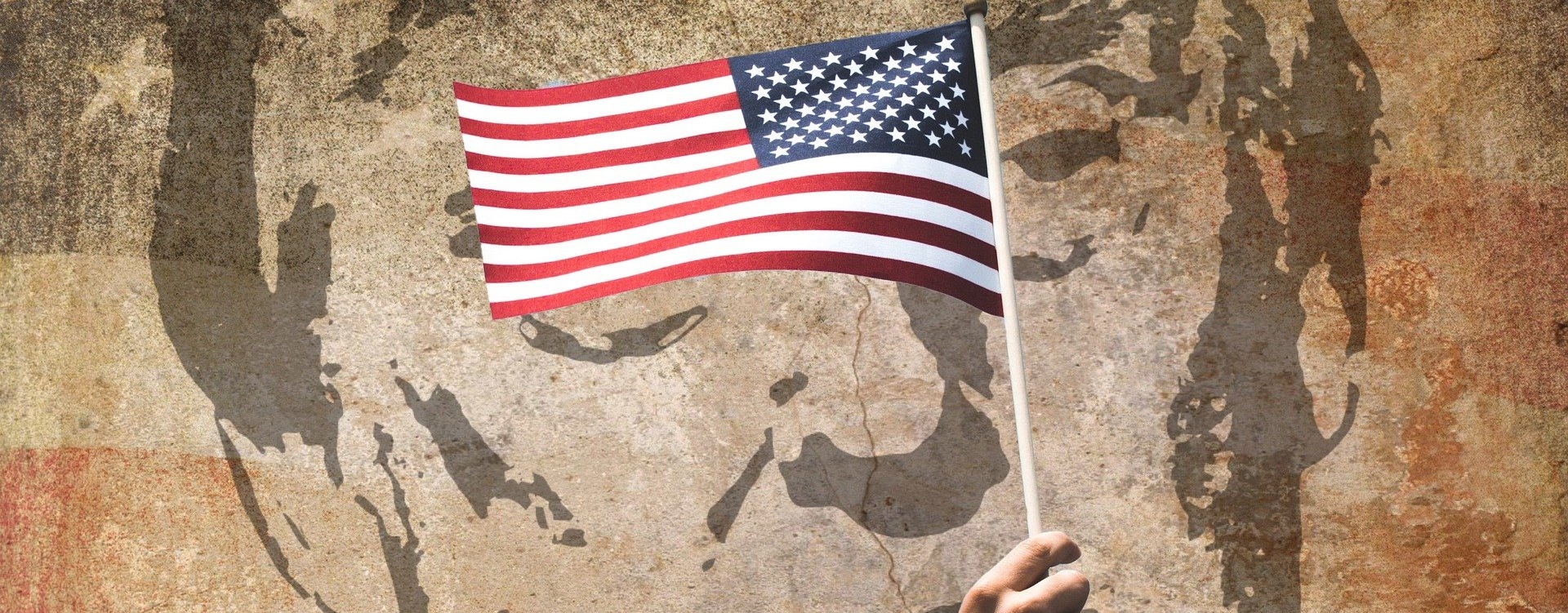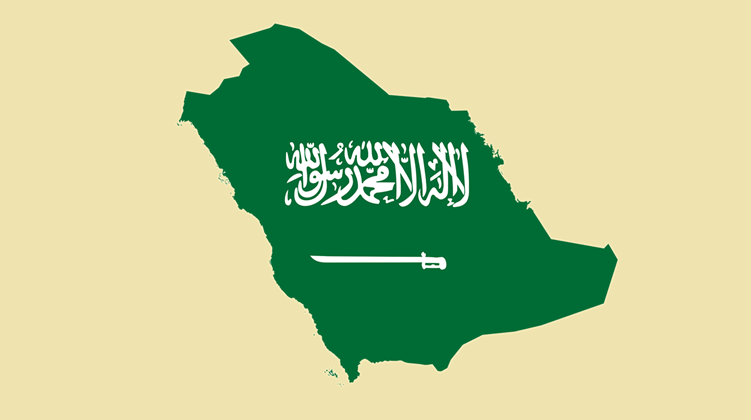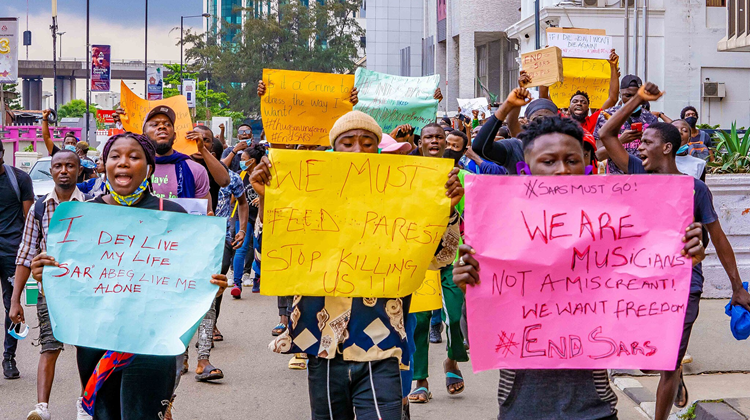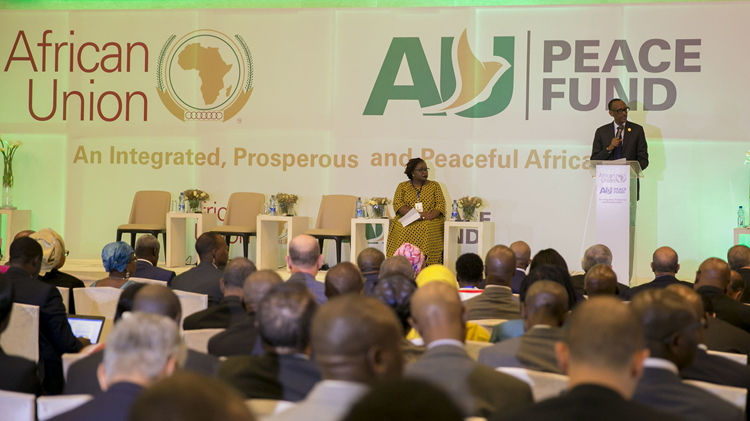Geopolitics in the era of Trump

The re-election of Donald Trump sets in motion geopolitical dynamics and resurgent nationalism that will fundamentally upend the global framework of norms.
The re-election of Donald Trump has been likened to a reversal of the “End of History”, whereby Francis Fukuyama posited that the collapse of communism and the triumph of liberal democracy mark the endpoint of humanity's ideological evolution, with no viable alternative systems left to challenge it. That argument is now no longer valid.
Trump’s “America First” ethos, seen in Trump’s imposition of 25% tariffs on Mexico and Canada, is signalling a shift toward economic unilateralism, reshaping alliances, economic policies and global power balances. Its effects will cascade globally including on democracy, international norms and the United States’ long-term strategic interests. Trump has revived a world in which ethnic historicism, nationalistic mythology and old ideas of collective identity rooted in nostalgic nativism, have returned as a global force.
Trump’s foreign policy reflects a mix of isolationism and assertiveness. It focuses on prioritising American interests with limited regard for international norms or longstanding alliances. His foreign policy will likely again be expressed in a series of volatile and transactional choices, driven by personal and immediate interests rather than a consistent ideological framework. Key features are reducing US military involvement abroad (such as by withdrawing from the World Trade Organisation and World Health Organisation), challenging traditional alliances and focusing on economic supremacy.
Exporting neo-nationalist conservatism
Trump’s neo-nationalist conservatism emphasises national sovereignty, cultural identity and opposition to globalisation. This approach seems to resonate with similar political currents in various middle powers, as seen in Elon Musk’s outreach to Germany’s Alternative für Deutschland (AfD) and Nigel Farage’s Reform UK movement.
The US and several European nations—including the Netherlands and Hungary—are expected to tighten immigration controls and adopt protectionist policies, justified as measures to secure economic sovereignty.
Other states will emphasise resistance to cultural dilution (see: The Netherlands’ February 2025 immigration crackdown under a right-wing coalition)—ringing in policies that reinforce so-called traditional values. Among these is likely to be India’s shift further toward Hindu nationalism, Brazil returning to a Bolsonaro-style rise in conservative and nationalistic rhetoric and precipitating a stabilisation of Turkey’s neo-nationalism under Erdoğan. Africa, given its diversity of political regimes and socio-cultural orientations, will be torn in different directions as the continent tries to balance entrenched economic, security and trade interests, with new challenges to security and shifting alliances.
Instead of humanity transcending the boundaries of nationhood, and ascending towards universal values and cohesion, we are back to a “me-first” morality, in which the equilibrium of public fairness is not measured against notions of “peace and prosperity among all”, but held in perpetual strain between moral relativism on the one end and paternalistic traditionalism on the other—a culture war played out in the boxing ring of great power politics.
In this battle, ideas have lost and wants have won.
What are the implications?
While Trump has expressed a reluctance to commit US troops overseas, his administration has demonstrated a willingness to use force to target specific threats, such as the killing of Qassem Soleimani, the Iranian military commander of the Quds Force, in 2020 and more recently attacking the Houthis in Yemen. Trump has similarly embraced a hardline stance on domestic issues like border security and immigration, framing them as matters of national security.
Abroad, he has consistently questioned NATO’s financial burden on the US and advocated for a realignment in which allies contribute more to their own defense—a thinly disguised effort to reduce American foreign commitments—while Trump will favour unilateralism over multilateral efforts, often favouring direct negotiations with adversaries, such as Trump’s February 2025 talks with Putin over Ukraine, bypassing NATO and excluding Ukraine, underscore his unilateral approach, whilst sidelining traditional allies.
Fortunately (and unfortunately) for the US, and the world, Trump’s track record is clear: his egoism-ethic is centred on wealth as reputation, not military subjugation—except in the case of women and minority rights groups such as LGBTQI.
This means that, if his first term is an indication of his political program, the Trump game is economics and tariffs, not bullets and bombs, except when deployed for America’s narrow interests and in the doctor’s office, where it is about moralism as a guide to the surgeon’s knife and sets limits on the reproductive healthcare provided, in line with the conservative demands of his base.
Trump’s materialism—a win-lose, self-interested philosophy of maximising gain—and half of America’s it would seem, is anchored in a very specific consequentialism of: What can I get?, Notably, at the level of political culture, he won the presidency and legitimacy in part by harnessing a "right to life" narrative blended with consumerist rage against the rising cost of living, framed in American Christian nostalgia, adorned with the bells and cat-whistles of America-first consumerism. The spread of this cultural DNA should not be underestimated.
As a result, the new global social compact, in the Trump era, will be one of mutual conformity to various expressions of isolationism. It will be a world order shaped by a multi-polar exercise of national sovereignty, ordered and networked largely by economic interests.
India will likely continue to dance with both the US and Russia, through strategic partnerships in defense while playing in the QUAD with the US, as a means to an economic end. Turkey too, will sustain its energy dependency on Russia while playing war games in NATO, balancing complex defense partnerships as it tries to counter Iran as a regional hegemon. East and North Africa, respectively, will likely veer further into the US-India sphere of influence, while West Africa grapples with a desire for independence which navigates China and Russia’s advances.
As for Southern Africa, unless a compelling case can be made by the subregion for mutual-benefits, from the point of view of the Trump foreign policy establishment, will receive little attention and likely be at risk of falling further foul of rising anti-American sentiments—already seen in the US aid cuts to Southern Africa, as the erosion of the US appetite for long-term support for the region deepens.
The rational choices of states will be transactional, pickled with the dual preservatives of America-first type cognitive biases and Musk-styled progress-first pragmatism.
In such moral reasoning, the value conflicts between liberty and happiness will collapse, so that you have liberty to pursue happiness, as long as it takes the form of materialistic liberality. Altruism as a state is available, but as defined by the powerful vis-à-vis their “in-group”. With great power, comes great responsibility—for oneself.
It will be a world in which the climate emergency does not exist, unless it is our people who are affected.
What of the Pax Americana?
In the political climate of Trump’s making, America’s sphere of influence will wane in areas where it has no material interest, leaving power and values vacuums in areas where American ideals alone are at issue. Into the vacuum of Trump’s isolationism, will emerge new assertive forms of great power rivalry in the form of great power territoriality, reminiscent of the expansionist tendencies of the geopolitics in the age of empires, but that will take three coinciding forms:
- American economic cartography, seeking to redraw North American borders, such as in Greenland and the so-called Gulf of America;
- alongside Chinese trade expansionism, extending industrial corridors further into the Asia Pacific;
- and Russia maintaining a form of peace-time militaristic conquest, using intimidation and murky bilateral deal-making to maintain its sphere of influence, especially in the Caucasus and eastern Europe.
Grand forms of humanitarian diplomacy will retreat behind the lines of economic diplomacy, and multilateralism will be forced to look for common ground in areas of interdependence.
In this era, the genie of AI will most surely be let out of the bottle, but unlike the printing press which quickly duplicated benefits in various societies, AI’s hypermodernisation will be deeply uneven, and with divergent effects precipitated by the varying political systems in which it is unleashed.
While the EU will try and fail, a missing-in-action United States will fail to shape the global regulatory framework for global Artificial General Intelligence (AGI)—a missed opportunity for democratic values.
What about China?
China, having rightly developed trust issues in its US relations, since the arrival of Richard Nixon flanked by Kissinger in 1972, and the arrival of Trump flanked by none of his previous advisors, will continue to patiently build military capacity while it emphasises growth in its burgeoning relations with middle powers in every region, including Japan and South Korea.
Notably, through BRICS+, which at the BRICS+ summit in January 2025 emphasised economic sovereignty over Western-led globalisation, will see China, Saudi Arabia and the UAE court each other, quickly oiling the wheels of export, infrastructure, technology and finance, causing growing consternation in the Trump Whitehouse.
In East Asia and Africa, China will play more of a benevolent regional and global neighbour game with Indonesia, Nigeria and South Africa, as it hoovers up natural resources and agricultural products.
After Trump
In 2029, when the dust settles in Trump’s Whitehouse, he will have remade the world in his image. Except what his followers will inevitably discover is that demographics—not demagoguery—is destiny (see: The Demographic Dividend), and as Western nations face ageing populations and struggle to balance economic needs for immigration with these nationalist policies, the youthful populations in developing countries will want partnerships and economic growth opportunities, increasingly aligning with global powers other than the US.
Barring another COVID-scale global emergency—such as a major economic meltdown centred in the US and likely to arise from a global sovereign debt crisis precipitated by precarious bond markets, and reminiscent of the global financial crisis—Trump’s nationalistic and conservatism policies will have set America up for short-term success at the expense of its long-term reputation in the community of nations.
Eventually, America First will translate into America Alone, as economic and technological advancements in the Global South become increasingly disentangled from the American Century, which surely marked them.
The world’s people will no longer dream of being moreAmerican. They will hopefully dream of being more human.
Image: TheDigitalArtist/Pixabay






